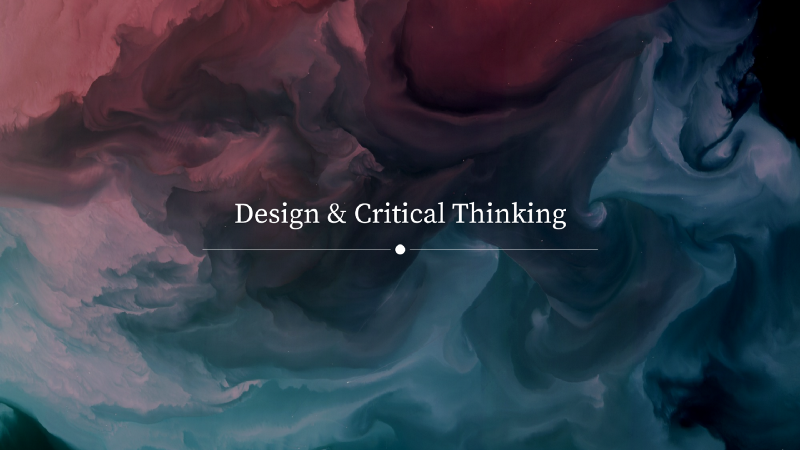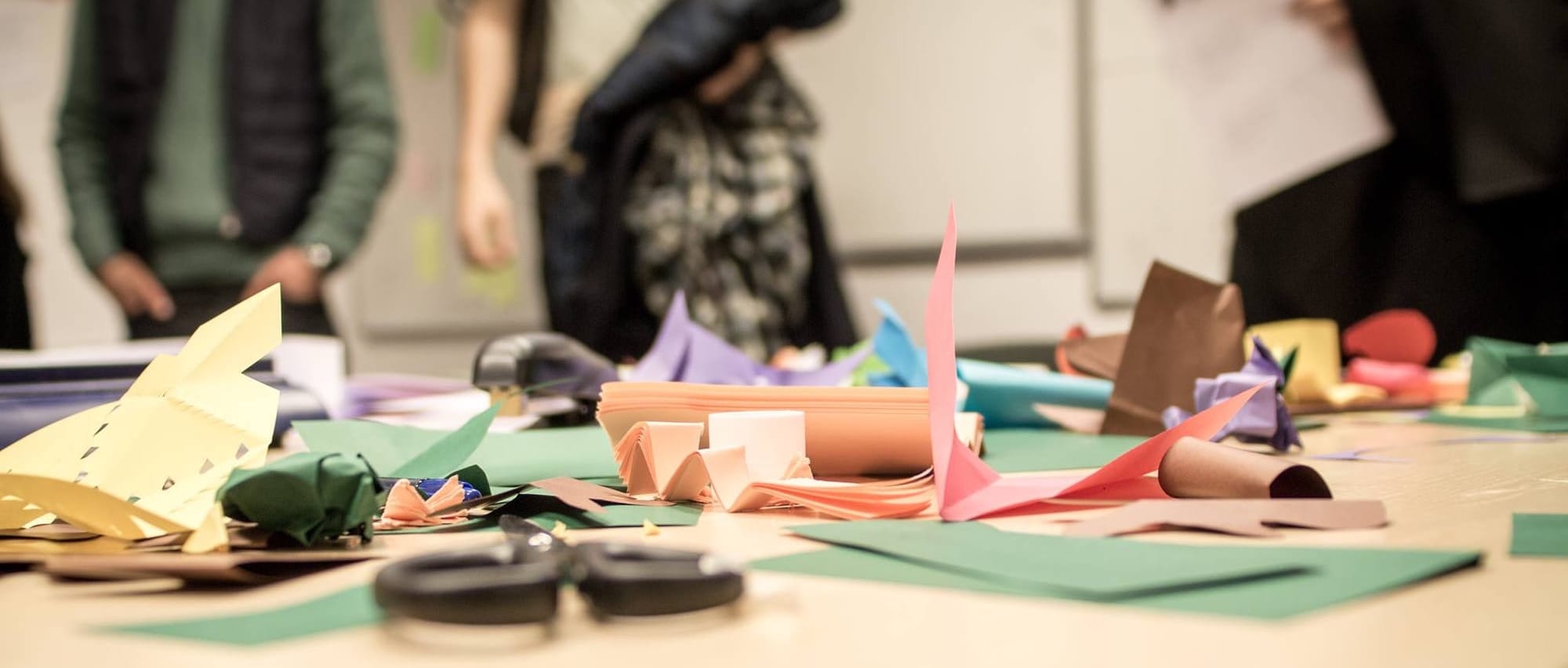Hi, Kevin here.
As you might have noticed, Human Centered Thinking changed its name and now becomes Design & Critical Thinking. No worries, the URL and all our previous articles’ links remain the same.

Behind the change, the idea is to align the publication with my recent community initiative. This allows a more seamless and clear connection between what the community discusses and what happens in the publication, to build this collective understanding at the intersection of design, innovation, tech, change, and more.
I think this evolution in purpose doesn’t betray what this publication was originally about: think about what we do, and how we do it. Crossing boundaries, broaden-up our views, and engage in conversations have always been part of the publication’s DNA.
If you want to be part of the conversation, feel free to join our Slack.
Anyway, stay safe!
To read

Innovation By Design — A complexity-based understanding and provocation.
Why I see Design and Innovation as a means to instigate change and impact (positively) our environment and what it has to do with complexity theory.
“If an ‘innovation’ is measured by the positive impact of changes in a context, then we must include all the events that led to these changes: it is more than a neatly defined ‘new thing’.”

The Ethics Of Design Sprint — An endeavor you are passively subscribing to.
The question is not whether it is morally acceptable to win the race. The question is ‘should we run the race in the first place?’.

The Multiples Design Thinking — There is no such thing as one single true “design thinking”, and what complexity has to do with it.
My point is that people really mean different things when they talk about Design Thinking. In practice, Design Thinking is not a standardized approach, nor a clearly defined body of knowledge, despite what one might think. From its origins to its current mainstream use, the approach evolved and mutated following its various appropriations as well as the evolution and specialization of the design practices.













Discussion